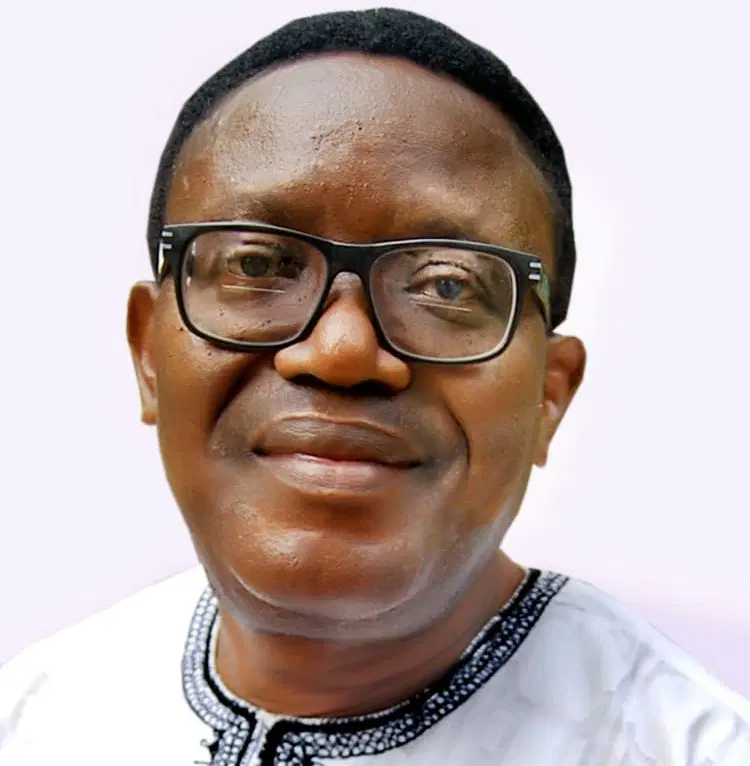In 2002, I was part of an international trade union delegation observing the contentious Zimbabwean presidential election. With Zimbabwe denying visas to many observers, I needed a quick visa. My best chance was to persuade the ambassador. Upon arriving at the embassy, I communicated my urgency to the staff, and was soon ushered into the reception area, waiting for the ambassador. As fate would have it, Lindsay Carlton Eseoghene Barret walked out of the office. After explaining my situation, he spoke with the ambassador, who then agreed to issue me a quick visa thanks to Barret’s influence. This moment underscored Barret’s remarkable reach as a global citizen who chose to navigate from Jamaica back to Africa, reconnecting with his ancestral roots.
Barret, then 25, left Paris in February 1966 to attend the First Festival of Black and African Arts and Culture in Senegal, hoping to continue on to Ghana. He sought to explore the communities from which his ancestors had been taken to the Caribbean. However, the coup that overthrew the Nkrumah administration abruptly changed his plans. Undeterred, Barret moved to Sierra Leone as a correspondent for the West African Magazine, and later, at the suggestion of Professor Davidson Abioseh Nicol, he relocated to Nigeria in July 1966, where he had established friendships with prominent playwrights like Wole Soyinka and John Pepper Clark.
During the Nigerian Civil War, Barret utilized his skills to promote national unity. He was present at the 1970 ceremony in Owerri that marked the peace agreement between Biafra and the Federal Government, represented by Colonel Olusegun Obasanjo.
Barret also played a crucial role in regional peace efforts in Liberia and Sierra Leone. Former Liberian President Ellen Johnson Sirleaf praised his contributions, highlighting his dedication to gender equality and regional cooperation.
A multi-talented individual, Barret excelled as a novelist, playwright, poet, journalist, and photographer. His service to Africa forged deep connections with influential figures like Kofi Awoonor and former ECOWAS executives, who recognized his unwavering commitment to the continent.
In Nigeria, Barret’s impact has been profound, with former President Goodluck Jonathan acknowledging his role in amplifying the voices of Black people worldwide through his works. Barret’s legacy is one of dedication, creativity, and an enduring faith in the potential of Africa and its people.

